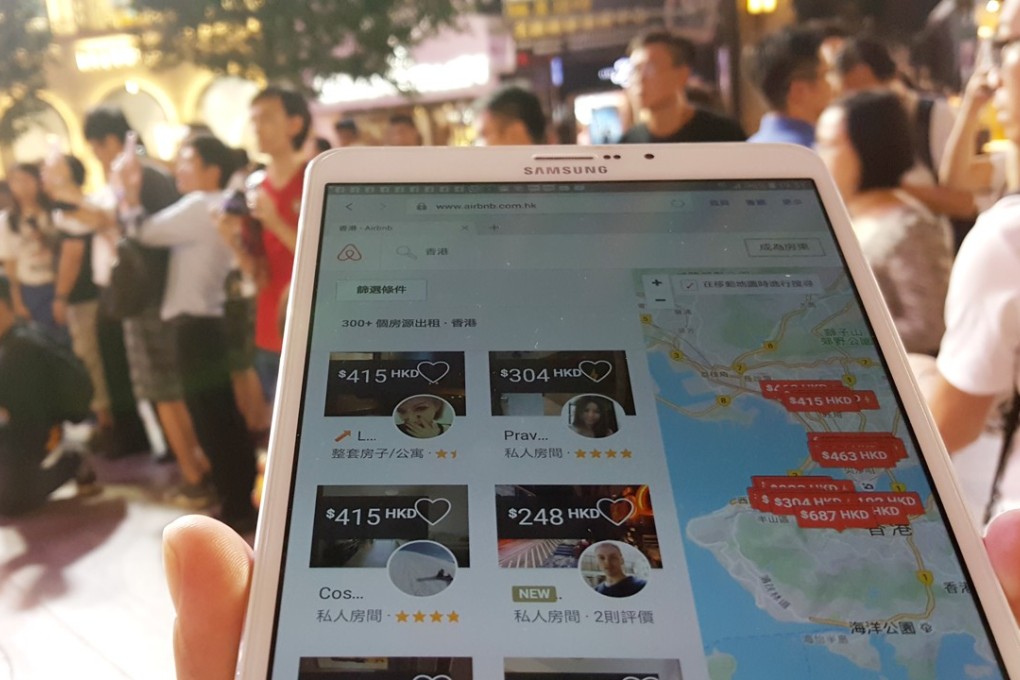Mind the Gap | Uber, Airbnb show Hong Kong’s inability to adapt to changing times and technology

Intellectually indolent and thoroughly compromised, the Hong Kong government demonstrated to the world how enfeebled its bureaucrats have become in the face of overpowering entrenched cartels.
Last week, Secretary for Transport and Housing Anthony Cheung Bing-leung said Uber must change its business model and run like existing taxi companies for a chance to be legalised.
“Some companies are just not willing to be regulated under established mechanism,” he said, referring to Uber. “They hope they can run their businesses and not come under any regulations. I believe that no countries and no governments would allow that.”
By convoluting the rule of law into the law of rules, Cheung fails to understand that Uber’s success proves that taxi regulations need to be changed to accommodate the public’s demand for shared-economy technology. Instead, he wastes two and a half years to arrive at a completely biased decision.
Then, the Innovation and Technology Bureau drew withering fire from Uber riders after it sided with the establishment in a Facebook post by saying the ride-hailing service has been “deliberately breaking the law” in the city.
Bureau chief Nicholas Yang Wei-hsiung once praised the firm’s business model as “truly innovative” in 2015. On Saturday, he said that to innovate did not mean breaking the existing rules.

